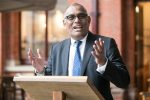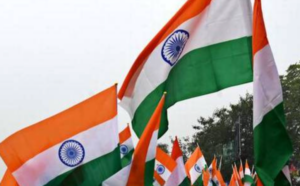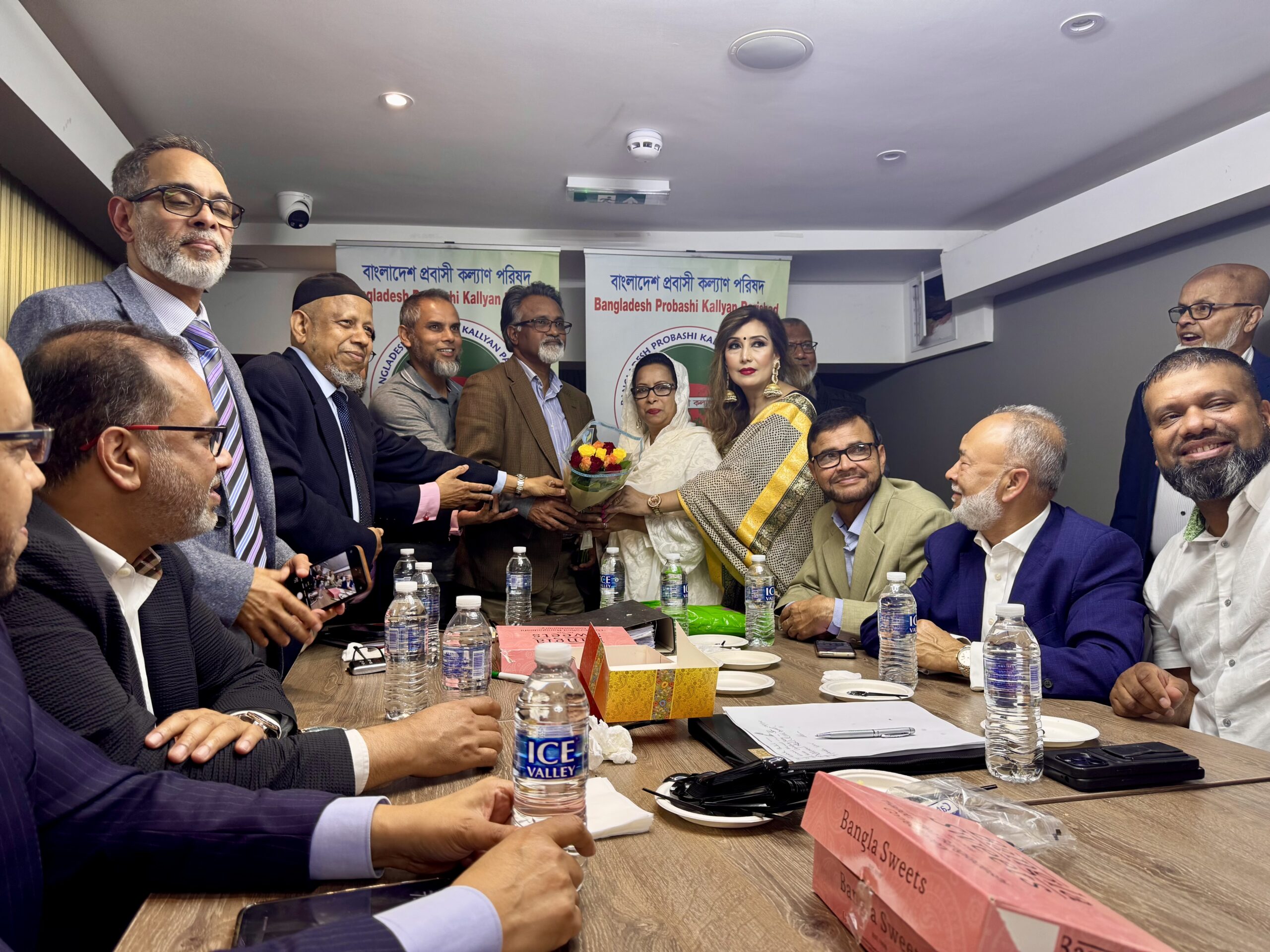India’s Vibrant Democracy: Lessons for the World from the World’s Largest Election

Imran Chowdhury BEM
In the heart of the world’s largest democracy lies a spectacle of unparalleled scale and significance—the Indian Election. Every five years, amidst a cacophony of colours, languages, and ideologies, over a billion voices come together to shape the destiny of a nation. The Indian Election, with its unique blend of diversity, unity, and the power of the people’s mandate, is not just an event but a celebration of democracy that stands out on the global stage.

At its core, the Indian election symbolizes the essence of democracy—the right of every citizen to choose their representatives freely and fairly. In a country as diverse as India, where languages change every few hundred kilometers and cultures intertwine like threads in a vibrant tapestry, the electoral process is a testament to the unity forged through the ballot box. Despite the myriad differences in language, ethnicity, and religion, Indians come together during elections with a shared purpose: to exercise their democratic rights and shape the future of their nation.
The logistical feat of conducting elections in such a vast and diverse country is nothing short of awe-inspiring. From the snow-capped peaks of the Himalayas to the remote islands of the Andaman Sea, every corner of India witnesses the democratic exercise unfold with meticulous planning and execution. The Election Commission of India, with its army of officials and volunteers, ensures that the electoral process remains transparent, inclusive, and free from malpractice. The sheer magnitude of organizing elections in a country of India’s size is a testament to effective governance and logistical prowess, setting a high bar for the world.
What truly sets the Indian Election apart is its authenticity—the genuine expression of the people’s will. Despite the complexities and challenges, the electoral process in India remains remarkably transparent and robust. The electronic voting machines (EVMs) used in elections ensure accuracy and efficiency, while stringent protocols are in place to prevent tampering or fraud. The faith of the Indian electorate in the electoral process speaks volumes about the integrity of the system and its unwavering commitment to upholding democratic values.
One of the most remarkable aspects of the Indian election is its multi-lingual, multi-ethnic character. India is home to over a thousand languages and many cultures, yet during elections, these diversities converge into a singular expression of democracy. Political campaigns resonate in multiple languages, reaching out to voters in their native tongues and fostering a sense of inclusivity. The ability of Indian politicians to connect with voters across linguistic and cultural barriers is a lesson in effective communication and empathy—qualities essential for nurturing a vibrant democracy.
The verdict of the Indian people during elections is not merely a reflection of their political preferences; it is a reaffirmation of the democratic ideals that bind them together. Regardless of the outcome, accepting the people’s verdict is a hallmark of India’s democratic ethos. Defeated candidates gracefully concede, and victorious ones pledge to represent all constituents, transcending the divides of party politics. This spirit of sportsmanship and statesmanship, driven by the active participation of the Indian people, is a shining example for democracies worldwide, demonstrating that political differences need not lead to division and discord.
The Indian election is not just a national event but a global phenomenon that offers invaluable lessons for the world. At a time when democracy is facing challenges in various parts of the globe, India’s electoral process serves as a beacon of hope and inspiration. The peaceful transition of power, the vibrancy of political discourse, and the active participation of citizens underscore the resilience of democracy in the face of adversity.
In conclusion, the Indian election is a testament to the enduring power of democracy and the indomitable spirit of the Indian people. Its sheer scale, diversity, and authenticity offer valuable lessons for the world—lessons in inclusivity, transparency, and the importance of the people’s mandate. As the world grapples with complex geopolitical challenges and ideological divides, the Indian election serves as a reminder that democracy is not just a form of governance but a way of life—a celebration of freedom, diversity, and unity in pursuing a common goal.





